Zohran Kwame Mamdani, having secured the Democratic nomination for New York City mayor, is in the national spotlight. At the age of 33, he ran as a Democratic Socialist having previously held elected office as a New York State Assemblyman. He has no record of significant achievement in other walks of life. He composed and produced rap music, but to no acclaim.
The National Association of Scholars (NAS) is a non-profit organization (501(c) 3) that does not endorse political candidates or parties, and in this respect we take no position on Mr. Mamdani’s candidacy. That matter will be decided by the voters of New York City this November.
We do, however, take special interest in Mr. Mamdani’s educational background. In fact, we may boast that we may know more about a crucial part of his education than all of America’s news media put together. Mr. Mamdani graduated from Bowdoin College in Brunswick, Maine in 2014. As it happened, NAS published What Does Bowdoin Teach? How a Contemporary Liberal Arts College Shapes Students in April 2013.
At the time, the NAS study made national news of its own. We had spent several years, employing a full-time researcher, accessing huge amounts of archival material, and interviewing students and faculty members to create the most in-depth examination of a single American college that had ever been attempted. What Does Bowdoin Teach? was not the potted history of a college, reveling in challenges overcome, trophies attained, beloved teachers, and memorable achievements. It was, rather, an attempt to see and understand as clearly as possible what the students of one highly regarded liberal arts college actually learn.
Our study was not a sentimental celebration of Bowdoin, but it wasn’t a scorched earth attack on it either. We sought to capture the living and breathing college, informed by its 200-year-plus history as a traditional liberal art institution and its present-day transformation into a seminary of sorts for those drawn to the increasingly radicalized progressive worldview.
What Does Bowdoin Teach? was published as a 376-page text and a few hundred more pages of supplemental material. It wasn’t meant to be a page-turner. Our goal was thoroughness, though there were important parts of the college beyond our reach. Bowdoin wasn’t about to share the financial details. But we got enough of everything else, including both the academic side of the college, the social life of the students, and the mysterious thing called campus culture. My co-author Michael Toscano and I spent the better part of a year on the final draft, trying to ensure that every detail could be substantiated. Bowdoin College’s president was not happy with the results and did his best to brush the report aside, but that was like trying to brush aside Mt. Katahdin. Our report remained. The president didn’t.
I want to say something about Bowdoin during Zohran’s time there, but I am first going to offer what I have gleaned of his pre-Bowdoin background.
To understand Zohran Mamdani, the Democratic candidate, we should consider his formation. He was born in Uganda, moved to South Africa when he was five, and to the Upper West Side of Manhattan when he was seven. He was a student through eighth grade at the Bank Street School for Children on the Upper West Side. Bank Street is a pricey private school known for its progressive commitments. From Bank Street, he matriculated at the Bronx High School of Science, one of New York City’s most academically elite high schools, where admission entails achieving a high score on a specialized test.
At Bronx Science he co-founded the school’s first-ever cricket team, which stands out as proto-political act. Cricket is hardly a popular American sport, but it is the most popular sport in India and Pakistan, and the second most popular in Uganda and South Africa. Bronx Science has an overwhelming Asian enrollment, a substantial portion of whom are South Asian. Young Zohran gained some early experience in organizing an ethnic coalition to achieve a policy goal. As he put it in his official New Assembly biography: “This act, though not ostensibly a political one, taught him how coming together with a few like-minded individuals can transform rhetoric into reality.”
Zohran Mamdani’s father, Mahmood Mamdani, a Ugandan expatriate of Indian origins, is a professor of anthropology at Columbia University. His mother, Mira Nair, is an award-winning Indian American filmmaker of Punjabi descent. Mahmood was raised Muslim; Mira was raised Hindu. Zohran is a Shia Muslim.
The life histories of both parents may illuminate Zohran’s biography, but I have space for only one such trail, and it is Zohran’s father who strikes me as the more telling influence. Mahmood Mamdani’s life is intertwined with the colonial history of Uganda.
The British brought Punjabi Indians to work on the Uganda Railway in the 1890s. Many returned to India when the railway was finished, but more than 6,000 stayed and became the nucleus of a community that attracted yet more Indian immigrants and that grew to dominate the country’s commercial sector. Ethnic resentments against a wealthy class of foreign origin who practiced exotic customs grew apace. In August 1972, Uganda dictator Idi Amin gave the Indian population ninety days to leave the country.
There is little room here for doubt that Zohran grew up in an environment that was affluent, privileged, and high status; but also strongly disdainful of Western values
Zohran’s father, then 26, was among those who were expelled. Idi Amin was overthrown with the help of Tanzanian troops in 1979 and Indian exiles, including Mahmood, began to return. But Mahmood entangled himself in Ugandan politics and in 1984, while he was visiting Senegal, the government of Uganda stripped him of his citizenship. He became stateless. A new Ugandan government in 1986 restored Mahmood’s legal status.
During this period, the restored Indian population in the country thrived and grew to dominate the nation’s economy. Today about one percent of Uganda’s population is Indian, but that small number accounts for about 40 percent of the economy.
Zohran Mamdani was born in 1991 into a family in these circumstances. The family could have had only limited trust in the government. They had been whipsawed by the political forces in one of Africa’s most unstable countries.
One small indication of the family’s politics was in bestowing Zohran the middle name “Kwame,” explicitly in honor of Kwame Nkrumah, the one-time “president for life” of Ghana. Kwame Nkrumah may not mean much to most Americans but he is a major figure in the twentieth century African history, essentially a socialist dictator celebrated for his revolutionary rants and his fierce anti-colonialism.
Nkrumah was educated in the United States, including having earned two masters degrees from the University of Pennsylvania. He became a darling of Western intellectuals even as he emerged as a power-mad figure who impoverished Ghana while preoccupying himself with indoctrinating a new generation of Black African political activists. He was overthrown by the army in 1966 and spent the last few years of his life in exile from his country – but not from the hearts of revolutionaries everywhere.
Zohran was born into a relatively prosperous and privileged class in Uganda that owed its success partly to its own marketplace initiative and partly to advantages that the British Empire conferred on it. But it was a precarious kind of privilege that could be snatched away at any moment depending on the whims of those holding political power. Zohran’s first-hand experience of this was limited to his early childhood and it could not have made much of an impression, but his second-hand experience of it was all-encompassing. Both his parents made successful careers out of their status as people displaced from their homelands, immigrants from war-torn countries. They weren’t the sort of parents that refused to talk about the “old country.” To the contrary, the politics of post-colonial regimes and the psychological legacy of displacement, injustice, and oppression appear to have been the primary thing they talked about.
For Zohran this is far from a matter of complaint. He told the New York Times that he credits “his parents with providing him a ‘privileged upbringing’ that included constant discussion of politics and global affairs.”
Mahmood told the New York Times that Zohran is “his own person,” influenced by “the environment in which he grew up,” but not necessarily reflecting Mahmood’s or his mother’s political views. But his mother, Mira Nair, disagreed: “Of course the world we live in, and what we write and film and think about, is the world that Zohran has very much absorbed.”
Just what did he absorb? There is no shortage of clues. The parents were close friends with Columbia University professor Edward Said, whose book Orientalism is usually taken as the founding manifesto of “postcolonial theory.” Said bitterly opposed the state of Israel, as did Mahmood and Mira. This might be considered a birthright of Muslims, but immigrants of South Asian origin living on the Upper West Side weren’t under special social pressure to align with the Palestinian cause. That was something that arose from Mahmood’s intellectual trajectory. Like Edward Said, he found the idea of Israel as a nation to be rooted in “settler colonialism,” which he reviled.
Mahmood, of course, was himself a settler colonialist, but it is safe to say he looks upon his colonial antecedents with disdain. Were his people exploited? Or were they among the exploiters? Perhaps a little of both? That tension surely persists in the pronouncements of his son, whose most persistent political appeal is his promise to make New York City “affordable” to the have-nots and the have-less. This isn’t ordinary socialist chatter about redistributing wealth in the name of fairness. That, for sure, is in his message too. But “affordability” is something new. It is a promise that you can enjoy the privileges that Zohran embodies.
There may well be more to the father’s legacy for the son. Consider again that Mahmood and Mira named their child in honor of one of a figure who embodied the resentments that turned post-colonial Africa into a continent of Marxist zealots and military coups. It is unclear why young Zohran thinks it is a good idea to “defund the police,” but that proposal, subversive to law and order and especially catastrophic in the poorer parts of town, fits with the smug entitlement of a class that knows it can protect itself from the results of such a policy.
Mahmood Mamdani is a prolific scholar, whose most recent book, Neither Settler nor Native: The Making and Unmaking of Permanent Minorities (Harvard University Press), like many of his other works, sustains his focus on “the legacy of late colonialism.” His other works include Good Muslim, Bad Muslim: America, the Cold War, and the Roots of Terror; Citizen and Subject: Contemporary Africa and the Legacy of Late Colonialism; Saviors and Survivors: Darfur, Politics, and the War on Terror; From Citizen to Refugee: Uganda Asians come to Britain; Politics and Class Formation in Uganda; and Define and Rule: Native as Political Identity.
There is little room here for doubt that Zohran grew up in an environment that was affluent, privileged, and high status; but also strongly disdainful of Western values and most of what we think of as legitimate government. We know from Zohran’s own declarations that he doesn’t respect private property, free markets, or the rule of law. It is hard to say whether these views stem from his family and his upbringing, but they are common enough in the social set to which he belongs: radical chic, the next generation.
Zohran Kwame Mamdani’s views no doubt deserve to be distinguished from his father’s, but it is safe to say that the son absorbed a fair amount of his father’s ripened skepticism of government and law. In any case, Zohran found an undergraduate college with a compatible view of education.
At college Mamdani the younger moved from organizing fans of cricket to organizing haters of Israel. He co-founded Bowdoin’s chapter of Students for Justice in Palestine (SJP).
He took his 2014 Bowdoin BA in Africana Studies. This is a department that was founded in 1969 as African-American Studies after a furious faculty debate whether there was an academic discipline that corresponded to the name and whether it would feasible to staff it. The debate resolved with literal table-pounding and a claim by the chairman of the History Department that its creation was a moral necessity – not an educational one. By 1971, the faculty endorsed this logic and extended it, saying that the program existed to promote social change and fulfill “a psychological need on the part of Black students.” In 1993 it changed its name to Africana Studies.
His is the disappointment of millions of young people at the moment
Zohran did not fit Bowdoin’s original idea of a black student, but he was African, if not indigenously so. And he surely fit Bowdoin’s burgeoning model of identitarian specialization. By 2011 Bowdoin’s Africana Studies offered twelve course and enrolled 169 students, making it the third largest of the social-justice oriented programs, behind Gender & Women’s Studies, with twelve courses but 233 students, and Environmental Studies with eighteen courses and 395 students. But Africana Studies was on the upswing. In 2012 it had eighteen courses and 363 students. Bowdoin’s total enrollment at the time was 1,778.
To gain admission to Bowdoin, Mamdani would have had to demonstrate both high intelligence and a strong work ethic. In 1969, Bowdoin became the first highly selective college in the US to abolish the requirement that applicants submit SAT scores, but applicants could distinguish themselves in other ways. Mamdani’s diploma from the Bronx High School of Science, would have sufficed. But curiously, Mamdani now wants to destroy merit-based admissions for New York City’s specialized high schools. There is a touch of Bowdoin in this faux-egalitarianism. In March 2011, several hundred Bowdoin students held a rally on the theme “I am Bowdoin.” The students put duct tape over their mouths to signify that Bowdoin was preventing them from expressing their true diversity. One by one they tore the duct tape off and declared their various identities:
“I am too complicated to describe in one word,” began one student, “and I am Bowdoin.”
Another, “I am a woman and a Christian Scientist, and I am Bowdoin.” Another, “I am multiracial, and I am Bowdoin.” “I am statistically not supposed to be here, and I am Bowdoin.”
“I am a Muslim woman, and I am Bowdoin.” “I’m a women’s rugby player, and I am Bowdoin.”
It would be interesting to find out if sophomore Zohran was among them.
Zohran’s academic credentials certainly helped him gain admission to Bowdoin, but his immigration status would have helped too. Though he lived in the US since he was seven, he did not become a US citizen until 2018, when he was 27. Bowdoin would have found his non-citizenship – especially his African origin – a plus in the diversity sweepstakes.
Mamdani may have arrived at Bowdoin with his political views fully formed. But his college experience will have done nothing to challenge his ideas or complicate them. As we put it in our report, it was a campus with “no meaningful debate. Without hesitation, Bowdoin skips to certainties on some of the most contentious issues of our time…When critical thinking is most necessary, it is most absent.”
One of my friends observes that “Higher education mass produces Mamdani voters.” Elsewhere on the political spectrum, Colin Vanderburg, senior editor of the radical magazine n+1, writes of Mamdani’s unusual ability:
“To see and speak to working people in both the bonds of universality and with the dignity of specificity. Such commitment shouldn’t count as rare or brave in urban politics, but it does. As a candidate, Zohran addresses city life with neither the doomsday paranoia of the MAGA right nor the vacuous optimism of so much mainstream Democratic rhetoric.“
Whatever delusive platitudes our college and university presidents emit about what they want higher education to produce, many of them have in mind someone like Mamdani. He speaks their language fluently: a natural-born purveyor of the dreams of a generation raised to hate their own civilization – or the civilization of their adopted country. Zohran embodies the worldview of college graduates who have no idea that the history of “democratic socialism” is written in blood, poverty, and moral squalor.
In light of Zohran’s nomination to the mayoralty of New York, profiles of him, analyses of campaign strategies, and surveys of his appeal to voters have proliferated. These lie a bit beyond what I set out to do in this article, though some of his maneuvers are pertinent. He has, for example, played his Muslim identity with finesse. Muslims know he is a Muslim and that he embraces their self-image as casualties of the West. But none of this appears in his campaign. Rather he appeals to the sensibilities of each South Asian (“Desi”) ethnicity in New York separately, eliding their differences. He is the candidate for Pakistanis. Indians, and Bangladeshis alike, though they are not exactly one another’s friends, and most of them are robust supporters of the market-driven New York economy and merit-based schools. How would they like living in Zohran’s socialist paradise? All the while he is also cultivating his base of disaffected – mostly white, and heavily female – underemployed college graduates.
The politics of such coalitions is a politics of resentment. It is an open question how much of that combustible material Zohran can load into his bandwagon without things going awry.
Seemingly innocent of what his program entails, Zohran charms his way through the crowds of college graduates who expected more from life than “late capitalism” has so far bestowed on them. His is the disappointment of millions of young people at the moment. We used to call it entitlement, but it could be more soulless than that.
In any case, when we asked in 2013, “What Does Bowdoin Teach?” we found a version of this disturbing story. A lot of Bowdoin students were poised, charming, and self-confident. They expected – or rather knew – that their lives after graduation were going to be vibrant, fun, prosperous, and fulfilling. What happened to them if and when things didn’t turn out like that? America has been running that experiment for the last decade. At least part of the answer is they will harken to the voice of one of their own. That’s Zohran. The campus activist who sees all of New York as his campus and is poised to turn New York into Bowdoin on the Hudson.



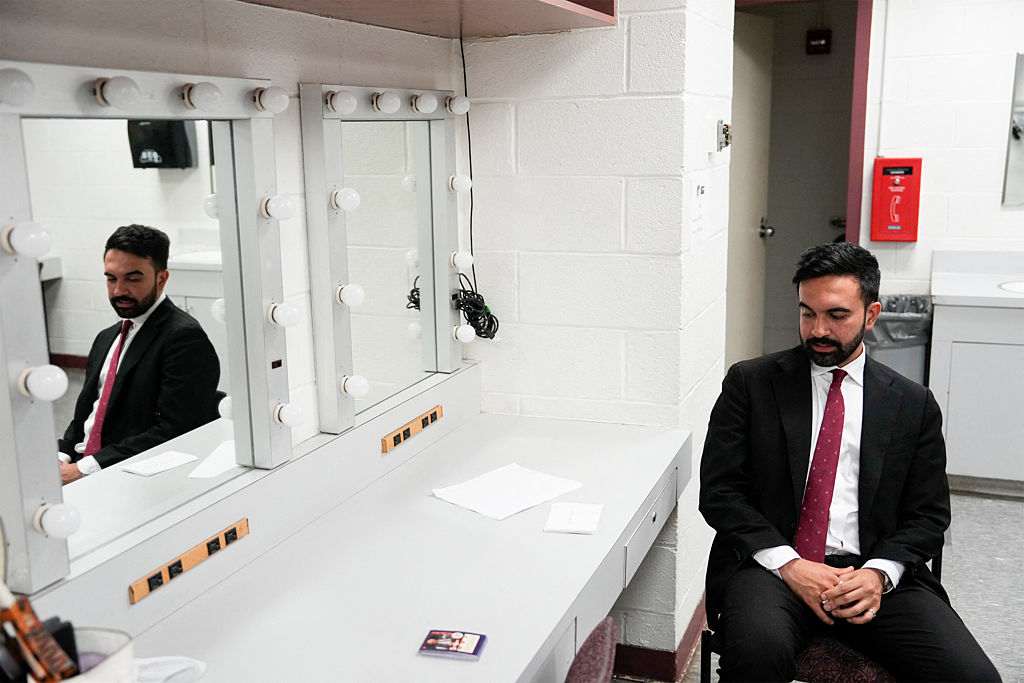









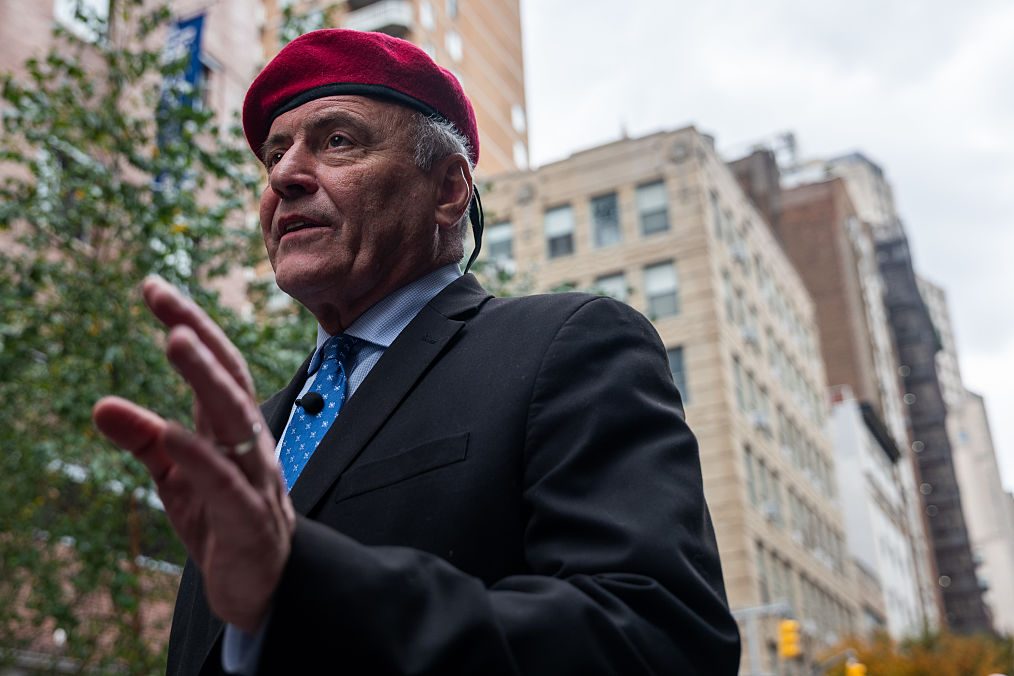

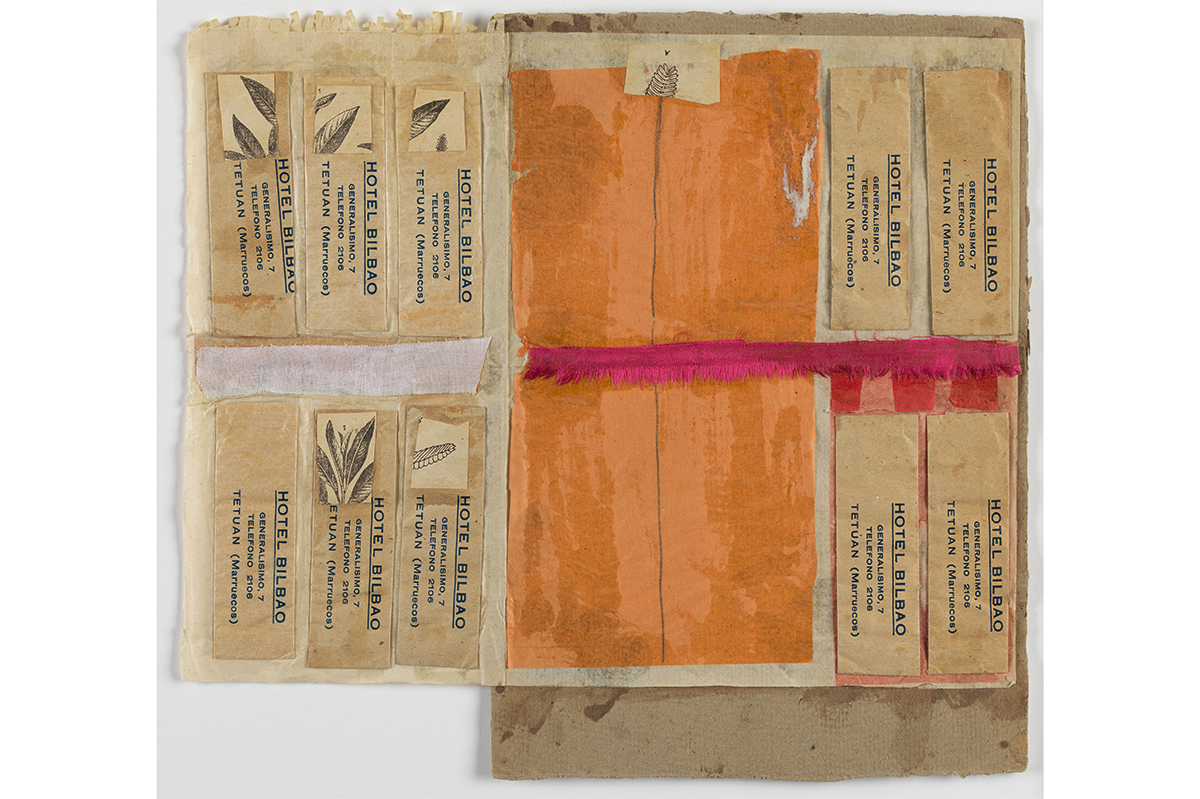
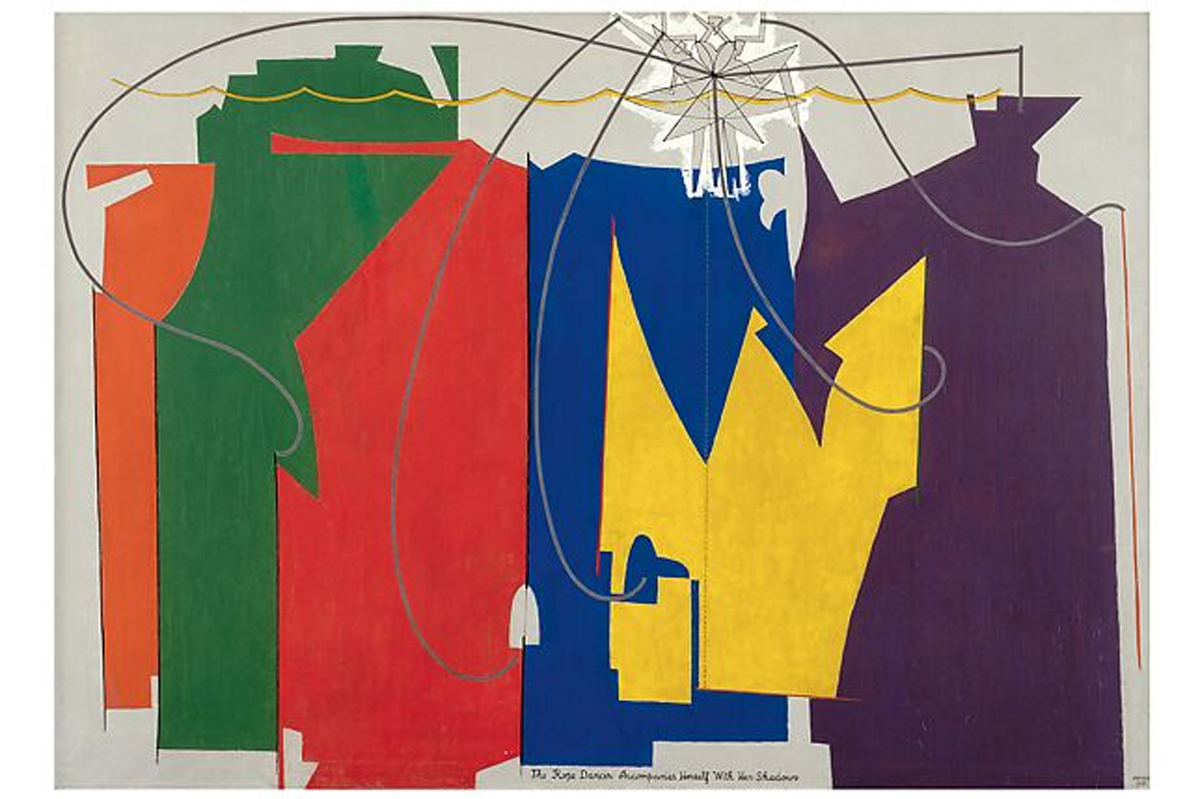

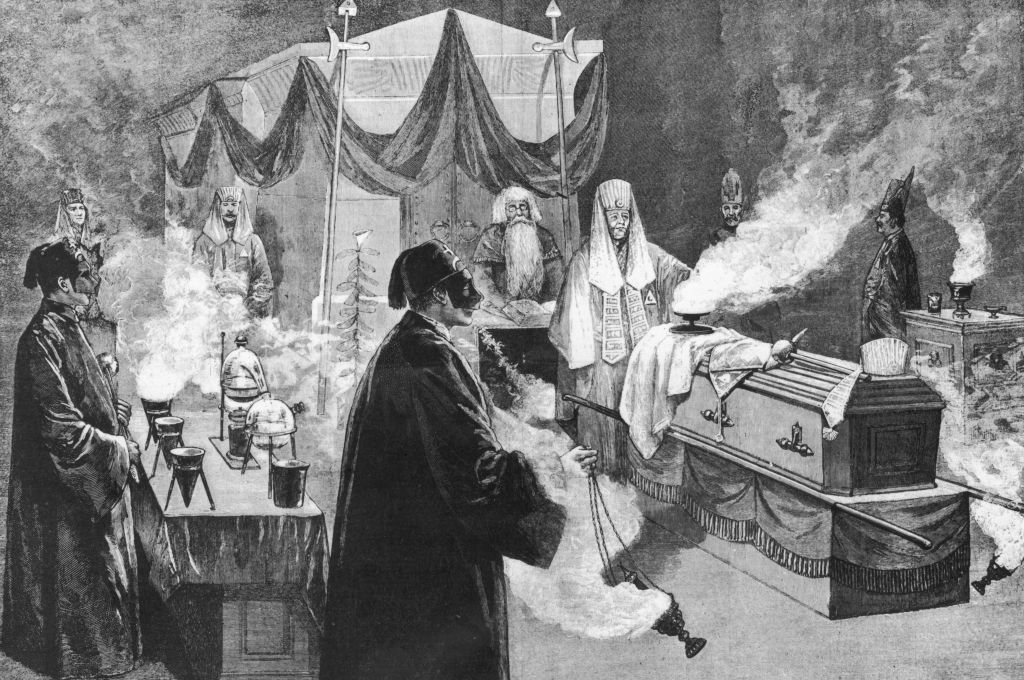







Leave a Reply